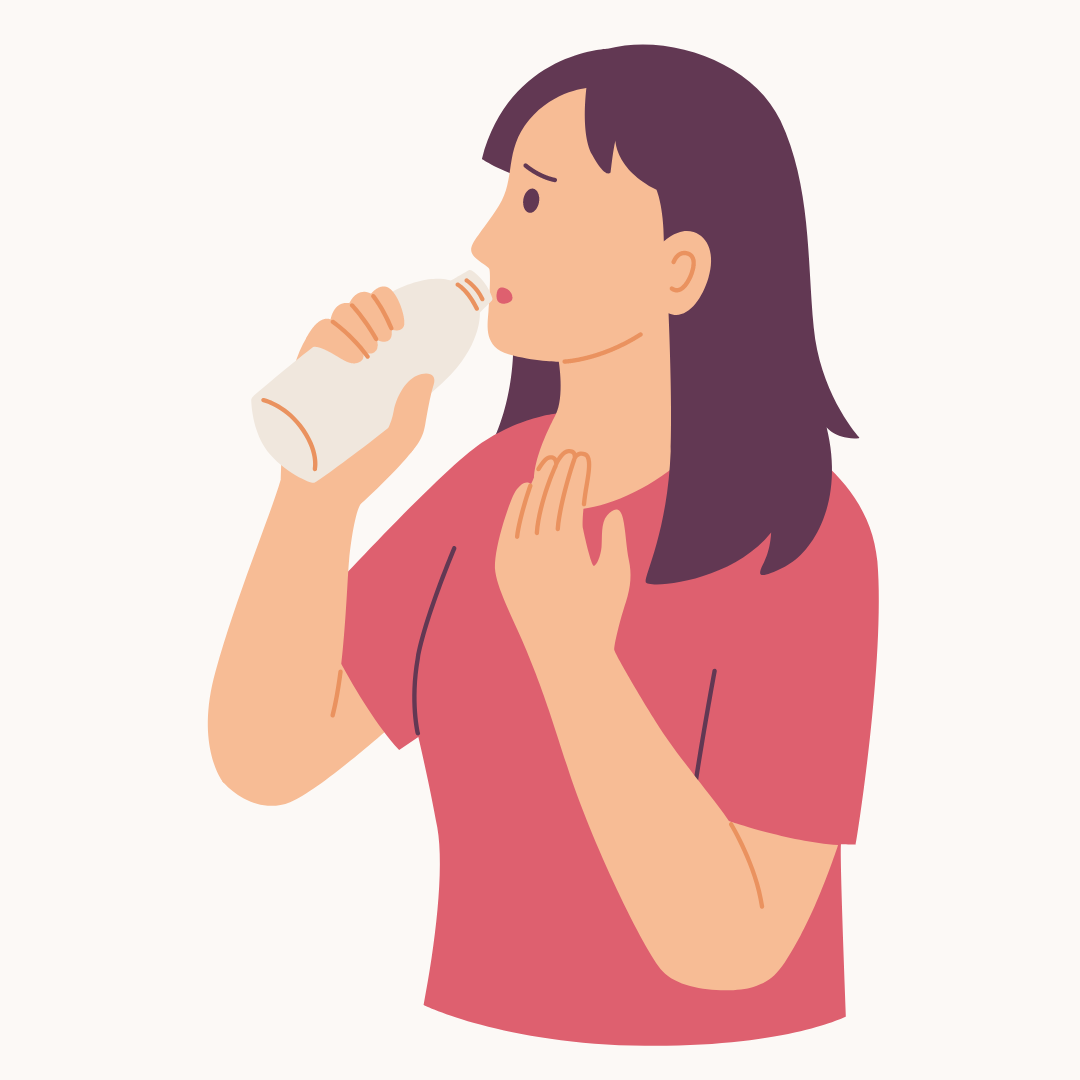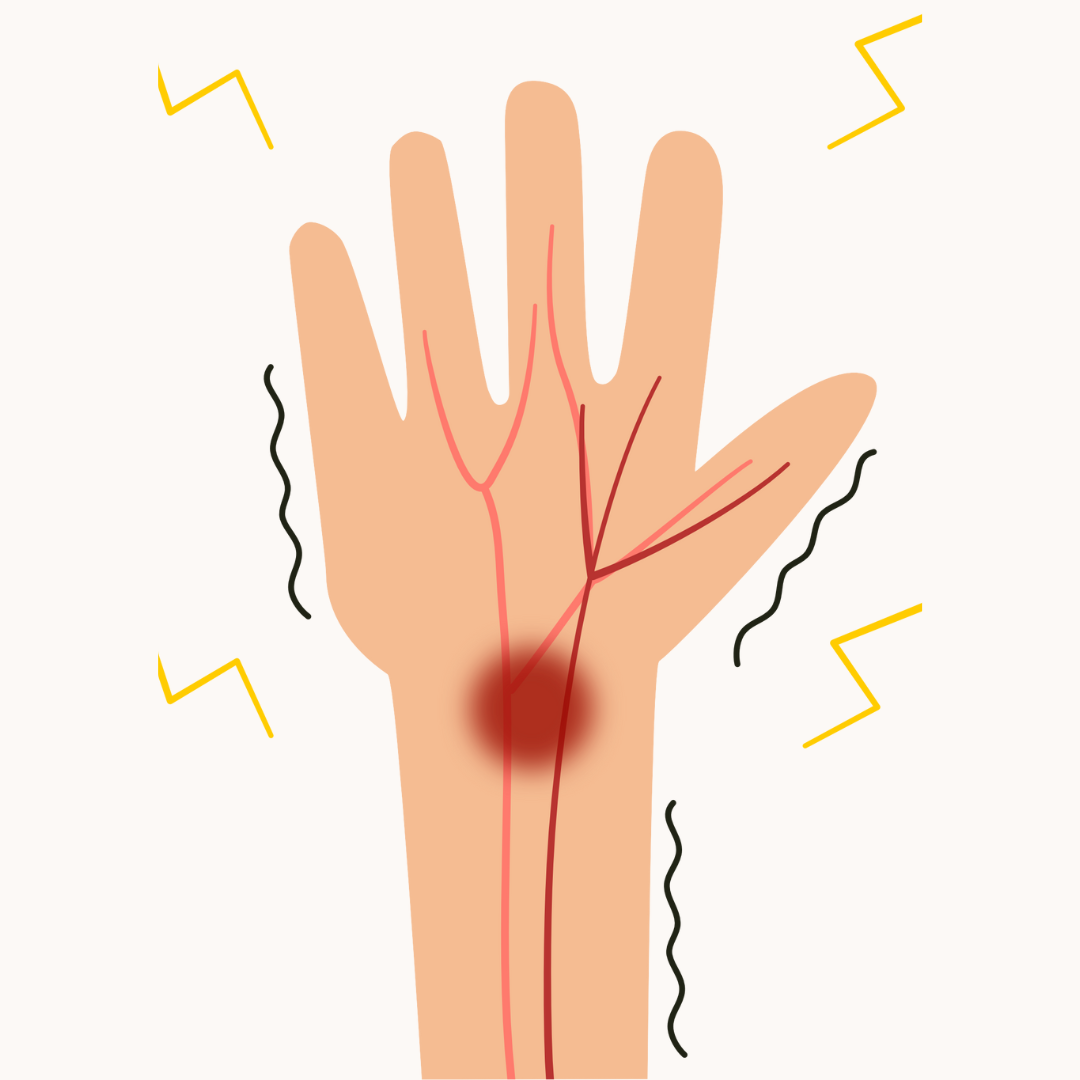Diabetes Care (T2DM): Prevention-Control-Remission
“Don’t let diabetes define you.
With the power of nutrition on your side, you can reverse the
course of the disease & live a vibrant healthy life “

Diabetes is a chronic metabolic disorder characterized by elevated levels of glucose in the blood, either due to insufficient insulin production or the body’s inability to effectively utilize insulin.
At Health Watch Nutrition Clinic, we understand the importance of comprehensive diabetes care that goes beyond diet management; empowering individuals with the right knowledge, attitude, and practices to lead healthier lives.
What causes Diabetes:
Genetic Predisposition: Having a family history of diabetes increases the likelihood of developing the disease and poor lifestyle certainly worsens the prognosis.
Obesity and Sedentary Lifestyle: Excess body weight, particularly fat on the abdomen and physical inactivity are major contributors to type 2 diabetes. Adipose tissue ie visceral fat increases inflammation impairing insulin sensitivity and glucose metabolism.
Insulin Resistance: Insulin resistance occurs when the body’s cells become less responsive to the effects of insulin, a hormone responsible for regulating blood sugar levels. This resistance forces the pancreas to produce more insulin to compensate, leading to elevated blood sugar levels over time. This reaction often leads to dark skin pigmentation seen on neck-underarms -acanthosis nigricans.
Poor Diet: A diet high in refined carbohydrates, sugars, unhealthy fats, and processed foods can contribute to insulin resistance and weight gain, increasing the risk of type 2 diabetes.
Gestational Factors: Gestational diabetes can develop during pregnancy due to hormonal changes that affect insulin sensitivity. Women who develop gestational diabetes have an increased risk of developing type 2 diabetes later in life, as do their children.
Physical Inactivity: Lack of regular physical activity can contribute to obesity, insulin resistance, and poor blood sugar control. Regular exercise helps improve insulin sensitivity, promotes weight loss or maintenance, and reduces the risk of developing type 2 diabetes.
Stress: Chronic stress can elevate cortisol levels, leading to increased blood sugar levels and insulin resistance. Stress management techniques such as mindfulness, meditation, and relaxation exercises can help mitigate the impact of stress on diabetes risk.
Sleep Disorders: Poor sleep quality, sleep deprivation, and untreated sleep disorders such as obstructive sleep apnea can disrupt hormonal balance, increase insulin resistance, and raise the risk of developing type 2 diabetes.
- Genetic Predisposition: Having a family history of diabetes increases the likelihood of developing the disease and poor lifestyle certainly worsens the prognosis.
- Obesity and Sedentary Lifestyle: Excess body weight, particularly fat on the abdomen, and physical inactivity are major contributors to type 2 diabetes. Adipose tissue, specifically visceral fat, increases inflammation impairing insulin sensitivity and glucose metabolism.
- Poor Diet: A diet high in refined carbohydrates, sugars, unhealthy fats, and processed foods can contribute to insulin resistance and weight gain, increasing the risk of type 2 diabetes.
- Insulin Resistance: Insulin resistance occurs when the body’s cells become less responsive to the effects of insulin, a hormone responsible for regulating blood sugar levels. This resistance forces the pancreas to produce more insulin to compensate, leading to elevated blood sugar levels over time. This reaction often leads to dark skin pigmentation seen on the neck, underarms, and acanthosis nigricans.
- Gestational Factors: Gestational diabetes can develop during pregnancy due to hormonal changes that affect insulin sensitivity. Women who develop gestational diabetes have an increased risk of developing type 2 diabetes later in life, as do their children.
- Stress: Chronic stress can elevate cortisol levels, leading to increased blood sugar levels and insulin resistance. Stress management techniques such as mindfulness, meditation, and relaxation exercises can help mitigate the impact of stress on diabetes risk.
- Sleep Disorders: Poor sleep quality, sleep deprivation, and untreated sleep disorders such as obstructive sleep apnea can disrupt hormonal balance, increase insulin resistance, and raise the risk of developing type 2 diabetes.
Genetic Predisposition: Having a family history of diabetes increases the likelihood of developing the disease and poor lifestyle certainly worsens the prognosis.
Obesity and Sedentary Lifestyle: Excess body weight, particularly fat on the abdomen and physical inactivity are major contributors to type 2 diabetes. Adipose tissue ie visceral fat increases inflammation impairing insulin sensitivity and glucose metabolism.
Insulin Resistance: Insulin resistance occurs when the body’s cells become less responsive to the effects of insulin, a hormone responsible for regulating blood sugar levels. This resistance forces the pancreas to produce more insulin to compensate, leading to elevated blood sugar levels over time. This reaction often leads to dark skin pigmentation seen on neck-underarms -acanthosis nigricans.
Poor Diet: A diet high in refined carbohydrates, sugars, unhealthy fats, and processed foods can contribute to insulin resistance and weight gain, increasing the risk of type 2 diabetes.
Gestational Factors: Gestational diabetes can develop during pregnancy due to hormonal changes that affect insulin sensitivity. Women who develop gestational diabetes have an increased risk of developing type 2 diabetes later in life, as do their children.
Physical Inactivity: Lack of regular physical activity can contribute to obesity, insulin resistance, and poor blood sugar control. Regular exercise helps improve insulin sensitivity, promotes weight loss or maintenance, and reduces the risk of developing type 2 diabetes.
Stress: Chronic stress can elevate cortisol levels, leading to increased blood sugar levels and insulin resistance. Stress management techniques such as mindfulness, meditation, and relaxation exercises can help mitigate the impact of stress on diabetes risk.
Sleep Disorders: Poor sleep quality, sleep deprivation, and untreated sleep disorders such as obstructive sleep apnea can disrupt hormonal balance, increase insulin resistance, and raise the risk of developing type 2 diabetes.
Symptoms of Diabetes:

Frequent urination (polyuria)

Unexplained weight loss

Increased thirst (polydipsia)

Fatigue

Blurred vision

Tingling or numbness in hands and feet

Recurrent infections

Extreme hunger (polyphagia)
Our Program Features:
- Diabetes Management + Correction of nutrition status
- Video / In-Clinic consultation with Dr. Zubeda Tumbi.
- Follow-up Consultation with Dr. Tumbi Every 10th – 12th day.
- We have personalized, customized diet & lifestyle plans.
- Team Support: Monday to Saturday; 9:00 AM to 6:00 PM on WhatsApp, Phone & Email.
- Our supportive community outreach programs: a unique feature begun by Dr. Tumbi will help you to connect, share experiences with likeminded people in a group therapy.
- Tips on stress management techniques, reducing screen time and improving sleep hygiene are important tools in this health journey.
At Health Watch Nutrition Clinic-Our diabetes management program covers Diet therapy with lifestyle modifications: helping you incorporate regular physical activity, stress management techniques, mindfulness about productive screen time and improving sleep hygiene as these elements help you control blood sugar levels, reduce medications & prevent complications. The personalized approach by Dr. Zubeda Tumbi and her team helps you reach your health goals that impacts your health holistically.

